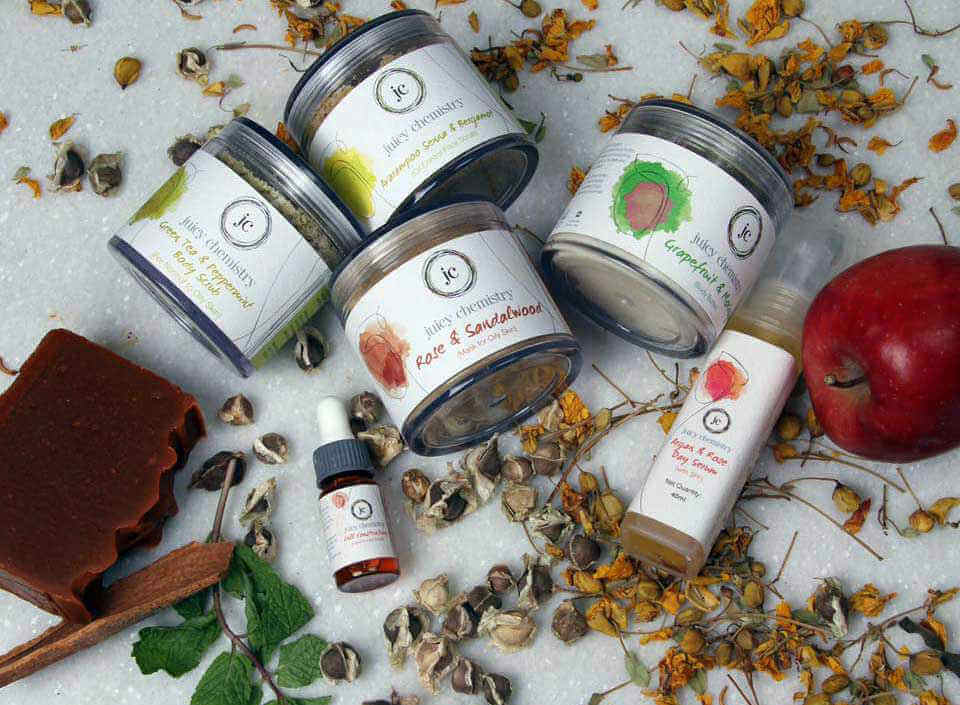The terms Natural and Organic are often used synonymously. However, in reality, they hold very different meanings. Let’s understand the terms individually for better understanding.
What is Natural?
Anything that naturally occurs or is cultivated from nature is Natural, but it does not underline the farming methods and practices employed to produce the same. An ingredient grown using organic farming practices is Natural, but so is an ingredient grown using agricultural chemicals such as pesticides, insecticides, GMOs, etc.
What is Organic?
Organic ingredients often occur naturally, but not always, and are 100% contamination-free. When it comes to organic, there is clarity related to the methods of farming and the use of agricultural chemicals. Studies have also shown that organically produced ingredients offer a better nutrient profile with up to 60% more antioxidants.
While both natural and organic may seem to be the same, they are not and here is why –
- The ingredients in natural skincare may not be as nutrient-rich as the ingredients in organic skincare.
- Organic skincare usually uses the ingredients as a whole, while natural skincare may have naturally-derived counterparts.
- Organic skincare may be slightly different from batch to batch with respect to color and scent as they heavily depend on the harvest. But, so is your bunch of grapes.
But as a consumer, how do you differentiate natural from organic?
It is simple.
- Read the labels.
Every time you are intrigued by a product, flip it over and check the ingredients list to understand what has gone into the formulation.
- Look for certifications.
Certifications help you understand more about the product in less time. It is the due diligence a brand does on its customers’ behalf to help them make an informed decision. However, just looking at the certifications may not give a complete picture. For instance, a Certified Organic product may contain certain naturally derived ingredients that are permissible by the certifying body. Therefore, it is also imperative to understand the meaning of different certifications, the stature of the certifying bodies, and their compliances to make an informed decision.
Also Read: Snap Launches ARES to Provide Augmented Reality Solutions for Businesses
- Do some research.
One may need help understanding every technical detail on the label. But that is where a little research comes in handy to break down the difficult terms.
- Do not hesitate to ask.
If you still have questions after the research, reaching out to the brand in concern is the best way to get all the necessary information.
Next time you come across skincare that claims to be organic and natural, make sure to do your own due diligence to make an informed decision. And do not forget that the best skincare, organic or natural or neither, it is the one that works for you.
Authored by

COO & Co-Founder
Juicy Chemistry Pvt Ltd













